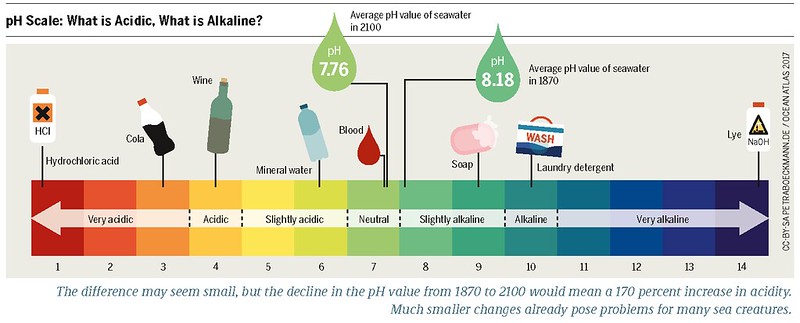The pH of P4O10 (phosphorus pentoxide) in water is around 1 or 2, making it a highly acidic solution. This is due to the reaction of P4O10 with water, which produces phosphoric acid (H3PO4), a strong acid with a pKa of 2.15. Understanding the pH of P4O10 in water is crucial for handling and neutralizing this corrosive substance.
The Reaction of P4O10 with Water
When P4O10 is added to water, it undergoes a vigorous reaction, as shown in the following equation:
P4O10 + 6H2O → 4H3PO4
This reaction produces a large amount of H3PO4, which significantly lowers the pH of the solution. The resulting solution has a pH of approximately 1, similar to other strong acids like sulfuric acid.
Handling and Neutralizing P4O10 in Water
Due to the highly acidic nature of the P4O10-water solution, it is essential to handle this substance with care and avoid contact with water or moisture. Proper personal protective equipment, such as gloves, goggles, and a fume hood, should be used when working with P4O10.
To neutralize the acidity of the P4O10-water solution, a base such as sodium hydroxide (NaOH) can be added. The reaction between H3PO4 and NaOH produces sodium phosphate (Na3PO4) and water, as shown in the following equation:
H3PO4 + 3NaOH → Na3PO4 + 3H2O
It is crucial to add the base slowly and carefully to avoid overshooting the desired pH. The amount of NaOH required is three equivalents for every equivalent of H3PO4, so the addition must be monitored closely.
Factors Affecting the pH of P4O10 in Water
The pH of a solution containing P4O10 can be influenced by various factors, including:
- Presence of other acids or bases: The presence of other substances, such as additional acids or bases, can affect the overall pH of the solution.
- Temperature: The temperature of the solution can impact the equilibrium of the reaction and, consequently, the pH.
- Concentration of the solution: The concentration of P4O10 and the resulting H3PO4 in the solution can influence the pH.
To ensure the desired pH is maintained, it is essential to measure the pH of the solution regularly and adjust the amount of base added as needed.
Contaminants and Impurities
When working with P4O10 in water, it is crucial to consider the potential contaminants or impurities that may be present. These can include:
- Unreacted P4O6 (phosphorus(V) oxide) if the P4O10 was prepared by heating P4O6 with water.
- Byproducts of the reaction if the P4O10 was dissolved in an acid.
To address these contaminants or impurities, it may be necessary to filter the solution to remove any solid impurities or to neutralize any excess acid or base.
Conclusion
In summary, the pH of P4O10 in water is around 1 or 2, making it a highly acidic solution. This is due to the reaction of P4O10 with water, which produces phosphoric acid (H3PO4). To neutralize the acidity, a base such as NaOH can be added, but it is crucial to do so slowly and carefully to avoid overshooting the desired pH. Additionally, it is essential to consider the potential contaminants or impurities that may be present in the solution and take appropriate measures to address them.
References:
– University of Washington. (n.d.). pH of Oxides | Department of Chemistry | University of Washington. Retrieved from https://chem.washington.edu/lecture-demos/ph-oxides
– Chemistry LibreTexts. (2023, June 30). Acid-base Behavior of the Oxides – Chemistry LibreTexts. Retrieved from https://chem.libretexts.org/Bookshelves/Inorganic_Chemistry/Supplemental_Modules_and_Websites_%28Inorganic_Chemistry%29/Descriptive_Chemistry/Elements_Organized_by_Period/Period_3_Elements/Acid-base_Behavior_of_the_Oxides
– Reddit. (2023, March 26). Chem question : r/IBO – Reddit. Retrieved from https://www.reddit.com/r/IBO/comments/122zigu/chem_question/?rdt=55217
– Chemistry Guru. (2022, October 13). Reaction of Period 3 Oxides with Water, Acids and Bases – YouTube. Retrieved from https://www.youtube.com/watch?v=jO7SDOYDd-Q
– Chemistry Reference. (2015, July 21). 9701 MCQ Solution 53 – Chemistry Reference. Retrieved from http://chemistry-ref.blogspot.com/2015/07/9701-mcq-solution-53.html?m=1

